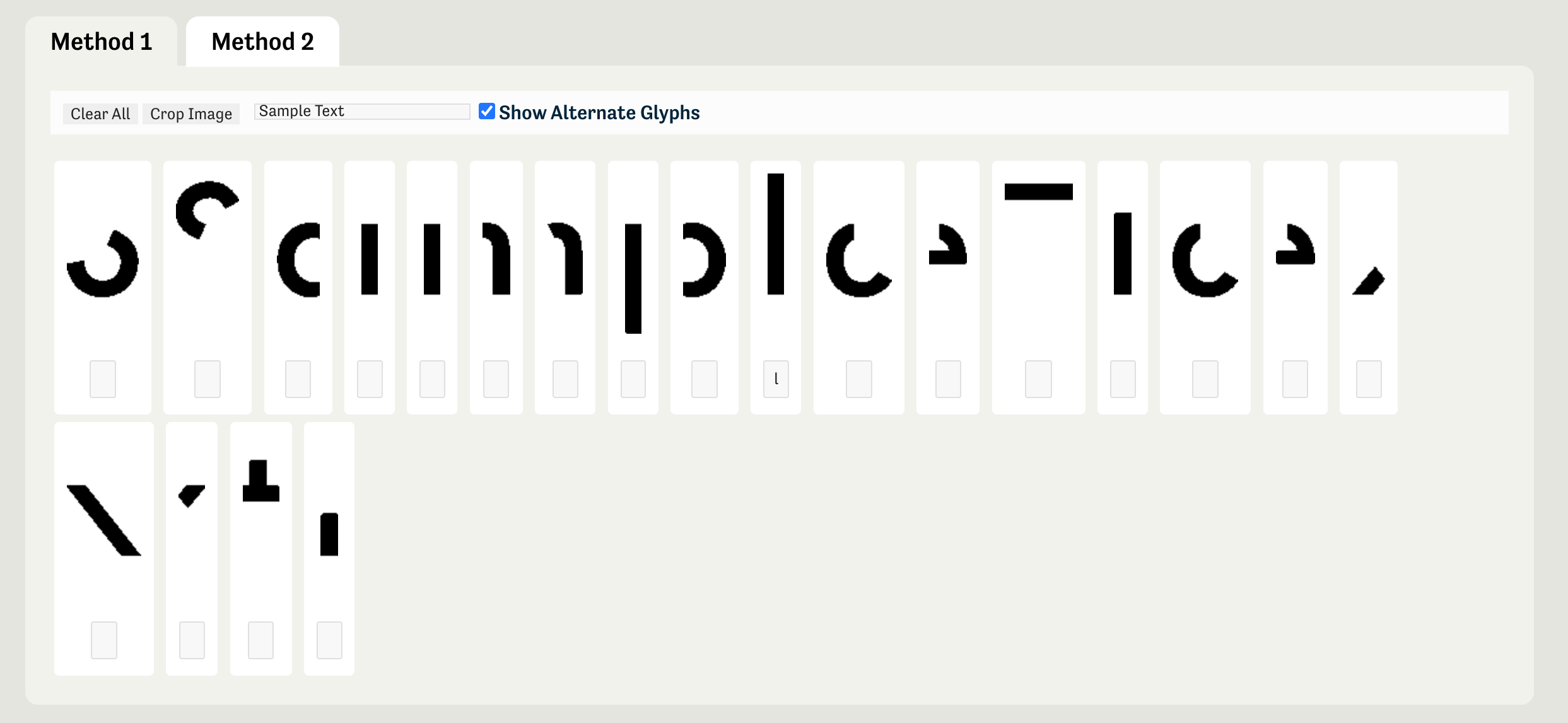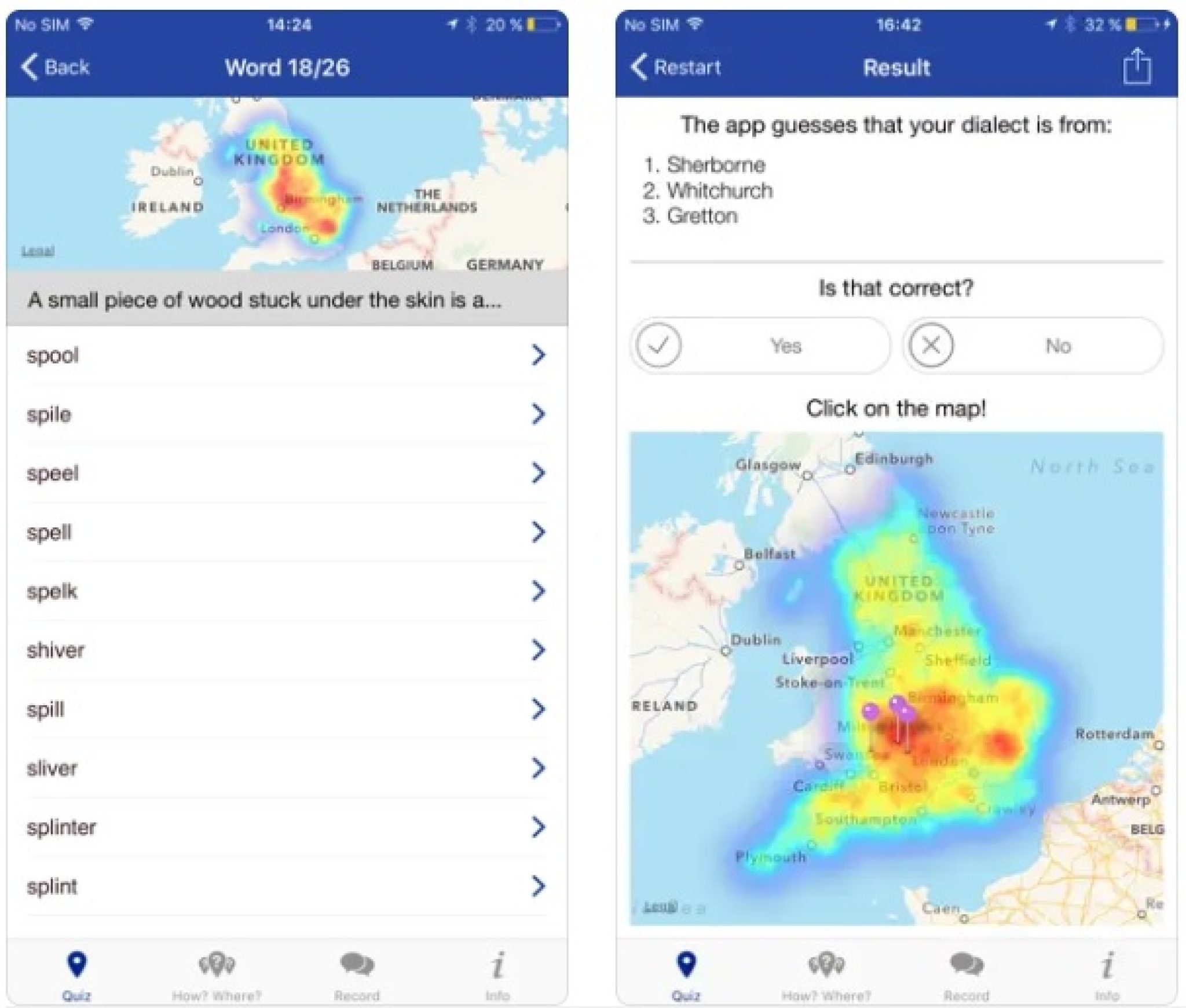AI Accent Guesser: The ability of artificial intelligence to identify accents is a rapidly evolving field with significant implications across various sectors. This technology, built upon sophisticated machine learning models, analyzes speech patterns to pinpoint a speaker’s regional or national origin. However, its development and deployment raise important ethical considerations alongside its impressive potential.
This exploration delves into the intricate workings of AI accent guessers, examining the underlying technology, factors influencing accuracy, ethical implications, and future applications. We will consider the datasets used for training, the limitations of current models, and the potential for bias. Ultimately, we aim to provide a comprehensive understanding of this fascinating and complex technology.
AI Accent Guessers: Technology, Accuracy, and Ethical Considerations
AI accent guessers are increasingly prevalent, leveraging sophisticated machine learning to identify the geographic origin of a speaker based on their accent. This technology has broad implications across various sectors, from language learning applications to customer service improvements. However, understanding its underlying mechanisms, limitations, and ethical ramifications is crucial for responsible development and deployment.
AI Accent Guesser Technology

AI accent recognition relies on advanced machine learning models that analyze acoustic features of speech. These models learn to map these features to specific accents or geographic regions. The process involves several steps: audio input, feature extraction (e.g., spectral features, prosodic features), and classification using trained models.
Machine Learning Models for Accent Identification
Various machine learning models are employed in accent identification. Hidden Markov Models (HMMs) were historically popular, but deep learning models, particularly Recurrent Neural Networks (RNNs) and Convolutional Neural Networks (CNNs), have shown superior performance. RNNs are effective in capturing temporal dependencies in speech, while CNNs excel at extracting spatial features from spectrograms. The choice of model often depends on the size and nature of the training dataset and the desired level of accuracy.
Accuracy of AI Accent Guessers
The accuracy of AI accent guessers varies significantly depending on several factors, including the model used, the size and quality of the training data, and the characteristics of the input speech. While some systems achieve high accuracy in identifying major accents within a specific language, accuracy decreases when dealing with less represented accents or languages. Cross-lingual accent identification presents an even greater challenge.
Datasets for Training AI Accent Guessers
Large, diverse datasets are essential for training effective AI accent guessers. These datasets should include a wide range of accents, speakers, and recording conditions. The quality and representativeness of the data directly impact the model’s performance and ability to generalize to unseen data.
| Dataset Name | Language(s) Covered | Size | Source |
|---|---|---|---|
| VoxCeleb | English, other languages (limited) | 7,000+ speakers | Publicly available |
| Common Voice | Multiple languages | Variable, constantly growing | Mozilla |
| LibriSpeech | English | 1,000+ hours of speech | Publicly available |
| L2-Arctic | Multiple languages | Variable, depends on language | Publicly available |
Factors Affecting Accuracy of AI Accent Identification
Several factors significantly influence the accuracy of AI accent identification. Understanding these limitations is crucial for interpreting the results and developing more robust systems.
- Audio Quality: Noise, low sampling rates, and poor recording conditions can negatively impact accuracy.
- Speaker Variability: Individual differences in pronunciation, speech rate, and vocal characteristics introduce variability.
- Background Noise: Ambient noise can mask speech signals, leading to misidentification.
- Dialectal Variation: Within a language, dialects can exhibit significant phonetic differences, posing challenges for accurate accent classification.
- Data Imbalance: Over-representation of certain accents in training data can lead to biased predictions for under-represented accents.
Strategies to Improve Robustness
Several strategies can enhance the robustness of AI accent guessers against noise and variations in speech.
- Data Augmentation: Creating variations of existing speech data to improve model generalization.
- Advanced Noise Reduction Techniques: Employing sophisticated signal processing methods to clean up noisy audio.
- Robust Feature Extraction: Developing features that are less sensitive to noise and variations.
- Ensemble Methods: Combining predictions from multiple models to improve overall accuracy.
- Adversarial Training: Training models to be robust against adversarial examples (deliberately crafted inputs designed to mislead the model).
Ethical Considerations of AI Accent Guessers

The development and deployment of AI accent guessers raise several ethical concerns. Bias in training data and potential for discriminatory outcomes require careful consideration.
AI accent guessers are fascinating tools, capable of analyzing subtle nuances in speech. The level of precision is quite impressive, even when considering the emotional outbursts witnessed in the boxing world, such as when you consider the news that Daniel Dubois storms ring after Oleksandr Usyk’s win over Tyson. These unpredictable events highlight the complexities of human emotion, a factor that could potentially challenge even the most advanced AI accent guesser.
Potential Biases and Societal Impact
AI accent guessers can reflect and amplify existing societal biases. If the training data primarily includes certain accents or languages, the model may perform poorly on others, potentially leading to unfair or discriminatory outcomes in applications like hiring processes, loan applications, or customer service interactions. For example, an accent guesser trained predominantly on data from native English speakers might misclassify accents from non-native speakers, potentially leading to misunderstandings or negative judgments.
Ethical Framework for Development and Deployment, Ai accent guesser
A robust ethical framework should guide the development and deployment of AI accent guessers. This framework should include principles of fairness, transparency, accountability, and user privacy. Regular audits and evaluations are necessary to identify and mitigate biases.
Mitigation Strategies
Several strategies can help mitigate ethical concerns.
- Diverse and Representative Datasets: Using training data that reflects the diversity of accents and languages.
- Bias Detection and Mitigation Techniques: Employing methods to identify and correct biases in models.
- Transparency and Explainability: Making the model’s decision-making process more transparent and understandable.
- User Control and Opt-out Options: Allowing users to control how their data is used and to opt out of accent identification.
Applications and Future Trends of AI Accent Guessers
AI accent guessers have diverse applications across various sectors.
Real-World Applications
AI accent guessers are already being used in language learning apps to provide personalized feedback, in accessibility tools to improve communication for individuals with speech impairments, and in customer service systems to route calls more efficiently. They can also assist in forensic linguistics, assisting with speaker identification in investigations.
Integration into Technological Platforms
These systems can be integrated into various platforms, including voice assistants, video conferencing software, and translation tools. Imagine a future where real-time translation services accurately adapt to various accents, enhancing cross-cultural communication.
Future Developments and Advancements
Future developments may include more robust models capable of handling diverse accents and noisy environments, improved cross-lingual accent identification, and the development of explainable AI models that provide insights into their decision-making process. We might see more sophisticated systems that can not only identify accents but also extract linguistic features relevant to understanding regional variations in language.
Future Role in Society
AI accent guessers have the potential to bridge communication gaps and enhance accessibility, but responsible development and deployment are crucial to ensure their ethical use. Continued research into bias mitigation and transparency will be essential for shaping their future role in society. For example, future applications might involve personalized language learning tools that adapt to an individual’s accent and provide targeted feedback, or assistive technologies that help individuals with communication challenges.
Illustrative Examples of AI Accent Guesser Applications
Let’s consider some hypothetical scenarios to illustrate the potential and limitations of AI accent guessers.
Successful Application
A language learning app uses an AI accent guesser to identify a user’s native language and accent. The app then tailors its exercises and feedback to address the user’s specific pronunciation challenges, leading to more effective learning. The system accurately identifies the user’s accent as being from a specific region of India, and the app provides targeted exercises focusing on the sounds commonly mispronounced by speakers from that region.
Limitations and Failures

A customer service system uses an AI accent guesser to route calls based on language and accent. However, the system misidentifies a caller with a strong regional accent within a particular country. The audio characteristics included a high level of background noise and a rapid speaking rate, which confused the model’s feature extraction process. The system incorrectly routes the call to a department that does not speak the caller’s language, resulting in a frustrating and unproductive interaction.
Visual Representation of Speech Data Processing
Imagine a visual representation of speech data processing. A spectrogram displays the frequency components of the audio over time, highlighting different phonetic features. The AI accent guesser’s model then overlays regions of interest on the spectrogram, indicating specific acoustic features it identifies as being characteristic of a particular accent. The intensity of these regions would correlate with the confidence level of the model’s prediction.
The model might focus on specific frequency bands, formant transitions, or duration patterns, which are known to be indicative of certain regional variations in speech.
AI accent guessers represent a powerful intersection of technology and linguistics, offering exciting possibilities while simultaneously presenting significant ethical challenges. While the accuracy and robustness of these systems continue to improve, addressing inherent biases and ensuring responsible development are crucial. The future of AI accent guessers lies in a balance between technological advancement and ethical considerations, striving for applications that benefit society without perpetuating harm.
FAQ Corner: Ai Accent Guesser
How accurate are AI accent guessers?
Accuracy varies significantly depending on factors like audio quality, speaker variability, and the dataset used for training. While improvements are ongoing, perfect accuracy remains elusive.
What languages are currently supported by AI accent guessers?
Support varies widely depending on the specific AI model and the datasets used in its training. Generally, more resources are dedicated to widely spoken languages.
Can AI accent guessers identify dialects within a language?
Some advanced models can distinguish between dialects, but this capability is still under development and accuracy varies considerably depending on the dialect and the model’s training data.
Are there privacy concerns associated with AI accent guessers?
AI accent guessers are fascinating tools, capable of analyzing subtle phonetic nuances. Interestingly, the precision of these algorithms might be comparable to predicting the outcome of a high-stakes football match, such as the surprising Barcelona vs. Atletico Madrid score, result: Historic Sorloth winner , where unexpected results highlight the difficulty of accurate prediction. Ultimately, both AI accent guessers and sports forecasting grapple with complex variables and probabilistic outcomes.
Yes, the use of voice data raises significant privacy concerns. Data security and responsible data handling are paramount to mitigate these risks.